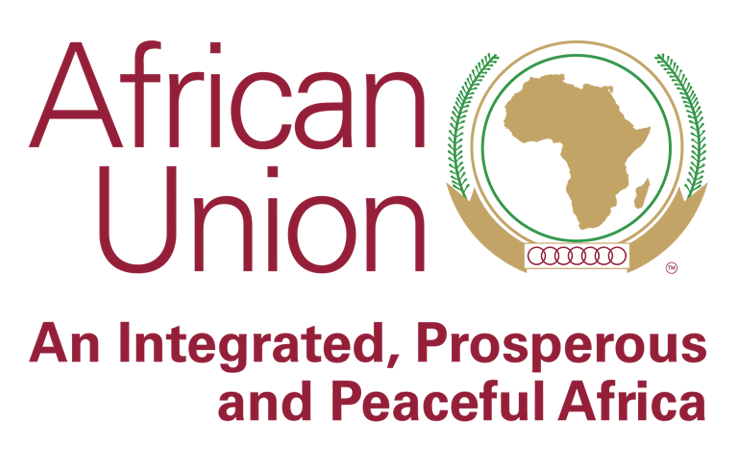Speaking at a special online event organized by the African Union (AU) to commemorate the Yamoussoukro Decision, ICAO Secretary General Dr. Fang Liu declared that the recovery of African air services should be encouraged through further liberalization and intra-regional resilience, aided by ICAO’s COVID-19 response resources.
“Prior to the onset of the pandemic, African aviation was poised to become one of the fastest-growing air transport markets in the world. The overall sector supported some seven million jobs, and generated over 72 billion dollars each year in the gross domestic product (GDP) on this continent,” Dr. Liu said.
“To help restore these significant and positive benefits to African prosperity, current priorities should focus on the establishment of effective contingency policies and regulations.”
 The Secretary General highlighted the work of the ICAO Council Aviation Recovery Taskforce (CART), and its aviation response and recover “Take-Off Guidelines” which were fully endorsed by the AU Commission High-Level Task Force on the Restart and Recovery of Aviation in Africa earlier this year.
The Secretary General highlighted the work of the ICAO Council Aviation Recovery Taskforce (CART), and its aviation response and recover “Take-Off Guidelines” which were fully endorsed by the AU Commission High-Level Task Force on the Restart and Recovery of Aviation in Africa earlier this year.
Reflecting the rapid progression of science and understanding, Dr. Liu highlighted that new CART Phase II revisions were endorsed by the ICAO Council earlier this week.
Drawing reference to the event’s focus, and the significance of the Yamoussoukro Decision and improved intra-regional and international liberalization, Dr. Liu emphasized that “ICAO traffic data is revealing that regions which feature higher levels of intra-regional traffic are recovering more quickly. We are seeing this playing out now in the Asia-Pacific, and it goes without saying that the more comprehensive realization of the Yamoussoukro Decision, notably through increased participation by African States in the Single Africa Air Transport Market (SAATM), will accelerate these dynamics here.”
This SAATM is a flagship project of the African Union Agenda 2063, and is designed to advance the liberalization of air transport and act as an impetus to the continent’s economic integration agenda. It seeks to ensure that aviation can fulfil its potential in connecting Africa by promoting improved socio-economic integration and enhanced tourism and trade.
“I would encourage African countries’ proactive pursuit of Public Health Corridors and other near-term travel bubble solutions, as these can also increase public confidence in air travel when prudently and effectively established,” the Secretary General remarked.
“ICAO has provided extensive information to States on how to establish these corridors, and important advice for countries on how to promote the mutual recognition of public health measures through bilateral and multilateral agreements.”
Stressing that Africa’s commitments to a Single African Sky “connect this continent and assure the growth and prosperity of its countries and communities,” Dr. Liu highlighted the significance of the Project Implementation Agreement (PIA) between ICAO and AFCAC, which will be formalized in the near future.
This agreement sets out provisions of the Institutional Support Project financed by the African Development Fund (ADF), and will help accelerate SAATM implementation by providing targeted and measurable assistance to applicable States.
Concluding her remarks, the Secretary General expressed her confidence in the future of aviation in Africa.
The AU virtual event address was attended by the Prime Minister of the Republic of Togo, Her Excellency Victoire Tomegah Dogbe. Also in attendance were the Commissioner of Infrastructure, Energy and Transport, Dr. Amani Abou-Zeid; and the leadership of the African Civil Aviation Commission (AFCAC), the African Airlines Association (AFRAA), and ACI Africa.

